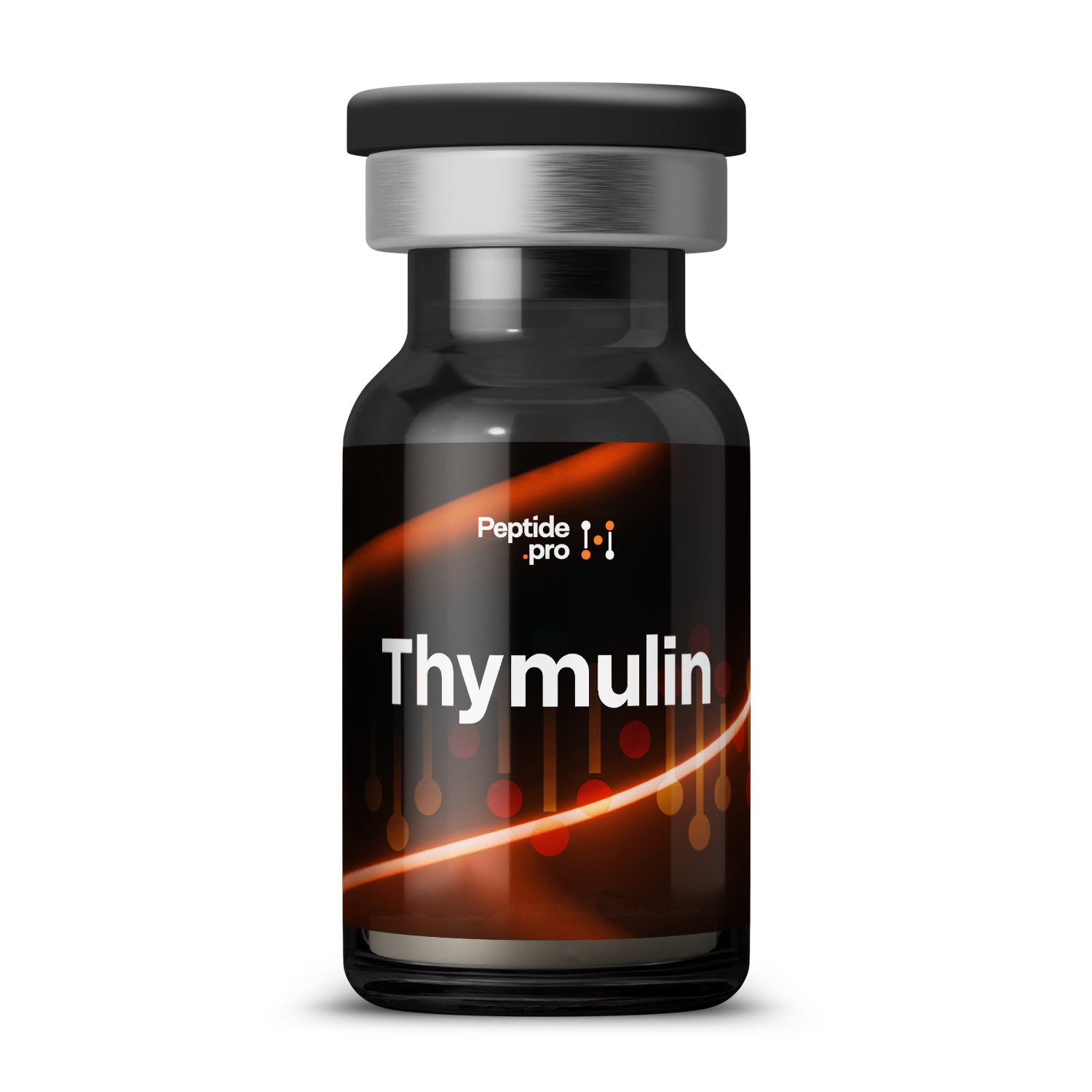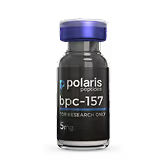Compound Overview
About the product
The sequence of thymulin is H-Ser-Ala-Ser-Ser-Ser-Gly-Ser-His-Asn-Gly-Ser-Lys-NH₂ (with a zinc ion bound for activity). All residues are natural L-amino acids, and the C-terminus is amidated to increase stability. Zinc coordination is essential for its biological function. Research-grade thymulin is synthesized by solid-phase peptide methods, purified by HPLC to ≥ 95 % purity, and complexed with zinc under controlled conditions; identity is confirmed by mass spectrometry.
Thymulin binds to specific receptors on T lymphocytes and other immune cells, enhancing their maturation and function. It promotes the release of cytokines like interleukin-2, supporting T-cell proliferation. Zinc-bound thymulin also modulates endocrine and neuroendocrine interactions that influence stress and inflammation. In human studies, thymulin administration restores age-related declines in T-cell activity.
Thymulin peptide benefits are being studied for their ability to boost weakened immune function in elderly or stressed individuals. In small clinical trials, subcutaneous thymulin increased T-cell counts and improved skin-test responses to recall antigens. It is also under investigation for adjunctive use in autoimmune diseases and as a supportive agent in cancer immunotherapy. Further trials aim to define therapeutic protocols and long-term outcomes.
Reported adverse events in human studies are minimal, limited to mild, transient injection-site discomfort. No systemic toxicity or hormonal disturbances have been observed in short-term administrations. Safety in pregnancy, lactation, and prolonged use beyond study durations remains unestablished. Routine monitoring includes immune-cell profiling and basic metabolic panels.
Thymulin is synthesized by Fmoc solid-phase peptide synthesis on a resin support. After chain assembly and C-terminal amidation, the peptide is cleaved and purified by preparative HPLC to > 95 % purity. The purified peptide is then complexed with zinc chloride to form active thymulin. Final identity and zinc binding are confirmed by mass spectrometry and spectrophotometric assays. Manufacturing follows peptide-compounding best practices under good laboratory practice.
Thymulin is classified for investigational research use only and is not approved by the FDA, EMA, or other major regulatory bodies for clinical treatment. It is available to research institutions under investigational-new-drug or equivalent frameworks. No commercial or over-the-counter formulations exist.
Human trials have used 0.5–2 µg/kg subcutaneous injections two to three times per week for up to four weeks. Dosing schedules vary by protocol, with some investigating daily low-dose regimens. No standardized dosing guidelines exist outside these investigational designs. All administration should follow ethics-committee-approved protocols.
- Do restrict use to IRB-approved research settings with medical oversight.
- Do monitor T-cell subsets and cytokine levels during treatment.
- Don’t extrapolate findings to patient care outside clinical trials.
- Don’t combine with other investigational immunomodulators without rationale.
- Q: Does thymulin improve vaccine responses in the elderly?
- A: Early data suggest enhanced antibody and T-cell responses, but larger studies are needed.
- Q: Can it treat autoimmune disease?
- A: Its immunoregulatory effects are under investigation; definitive evidence is pending.
- Q: Is zinc supplementation a substitute?
- A: No; thymulin’s peptide structure and zinc coordination are essential for its activity.
For research use only. Not approved for medical use.


